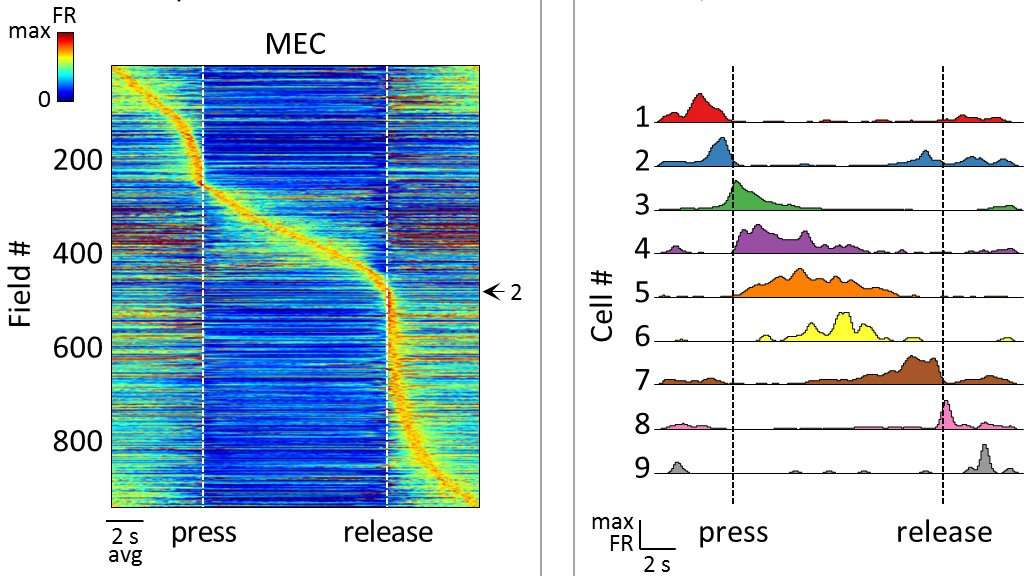The brain part which creates mental maps of our environment plays a much bigger function in learning and memory than we earlier thought. This is as per a new research published this week in the Nature journal by Princeton University researchers. These researchers have discovered that those same brain areas are active when the brain is discovering a very different form of environment, one consisting listening to sounds. They observed neural action as the rats listened and reacted to several sounds, and discovered same firing patterns to those seen when rats are exploring their environments.
Through giving the rats a different assignment, such as sound exploring, the researchers might observe proof of cognitive activities in the hippocampal-entorhinal circuit. They picked sound as an analogy to space since both can vary along a continuum: the rats can explore ever-increasing frequencies, in the same manner, they would move forward along a lengthy corridor. To test the concept, the researchers observed the electrical activity of neurons in the hippocampal and entorhinal regions as the rats controlled sounds and discovered to relate several sound frequencies with rewards.
The researchers then trained the rats to reduce a lever to increase the pitch, or frequency, of a tone being played over a speaker. The rats learned that if they let go of the lever when the tone attained a predetermined frequency range, they would be awarded. They noted that the patterns of neuronal firing related to the rats’ behavior during the assignment. A series of neural activity were produced through the frequencies progression, analogous to the sequences produced during traversing a progression of places in space.
The discovery matches with how we think about mapping our environment in the situation of discovering new places and making memories of experiences.

samisjiggy on April 17th, 2017 at 09:04 UTC »
Call me crazy but I think this article was written by an algorithm.
19760408 on April 17th, 2017 at 06:27 UTC »
I have no brain GPS. Which makes sense. Some people must have a more developed and better form of this. I'm not kidding when I say that I get lost everywhere: video games, new towns, indoors, on the lake. I must fall in the lowest end of this curve. I am extraordinarily bad.
SashasSpirit on April 17th, 2017 at 06:20 UTC »
Is this why memory palaces work? From my understanding we're designed to memorize places and directions natively. It makes sense. But long lists of data trouble us, so some place information along a mental path through a memory of a familiar place or create one all together.